Final Fantasy XVI Review
The newest numbered entry in Square Enix's flagship franchise boldly goes where no previous title in its 36-year long history has gone before
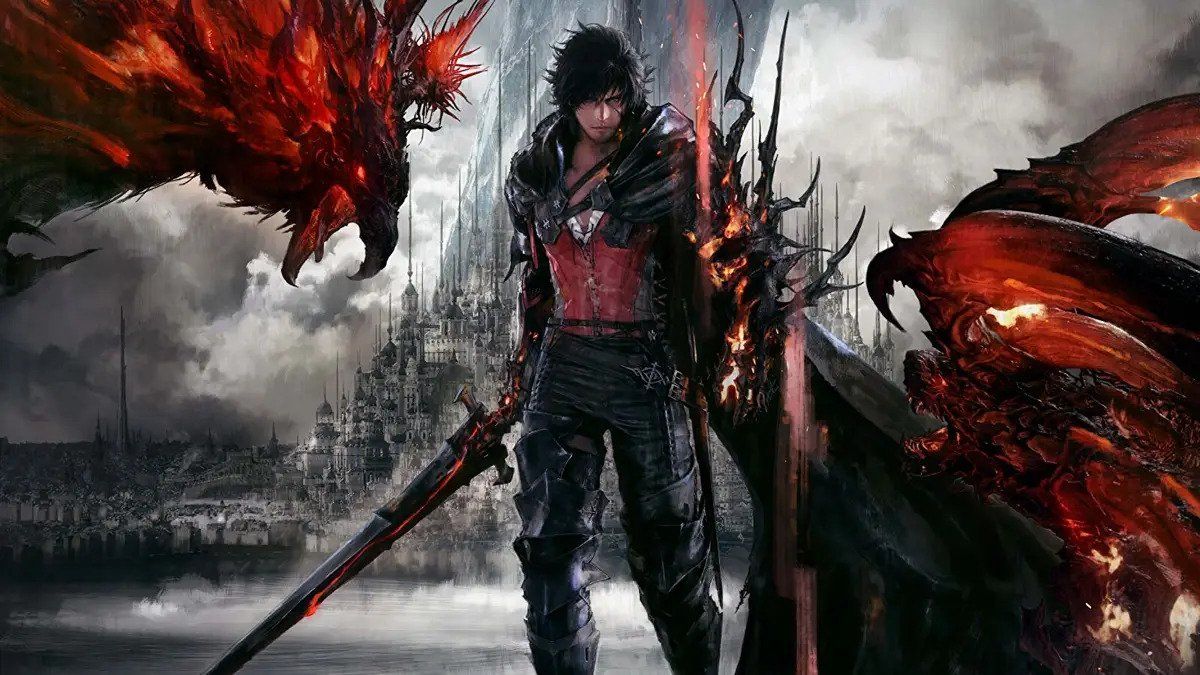
Final Fantasy XVI, the latest game in the series, created by Square Enix's Creative Business Unit 3, is above anything else, an audiovisual spectacle. It's a game that will captivate you with its larger-than-life cutscenes, which are significantly enhanced by the musical genius of composer Masayoshi Soken, and just when it has you thinking it cannot get any bigger, it goes and outdoes itself.

Looking at it, you would think its production costs would rival those of many major blockbuster Hollywood movies. Such is the greatness of its cutscenes, which quite often extend to gameplay, getting players involved in the whole process and giving them a greater role than that of a plain spectator.
For most fans of the franchise, this can be considered a return to form. Final Fantasy always had a place in their consciousness as "the epitome of the gaming experience", especially back in the mid-to-late 90's when other games were just starting to move from a side-scroller perspective to that of a third-person. At that time, Final Fantasy titles already featured in-game cutscenes with such fidelity (for the time) that would leave you picking up your jaw from the floor.
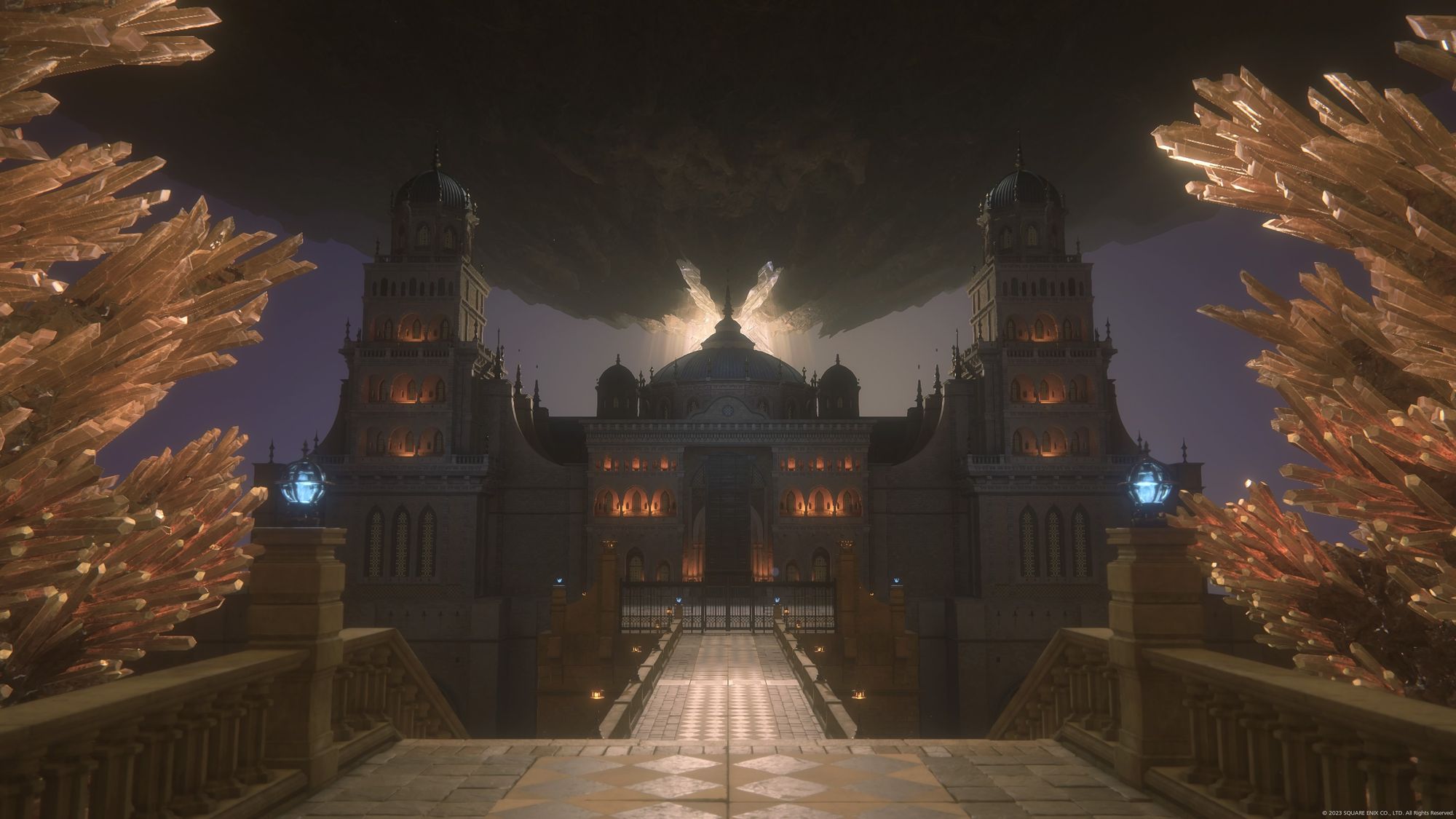
Innovating without alienating
Final Fantasy does exactly what each and every other game in the franchise has been doing all along: it tries to adapt to the needs of the generation in which it is released while being the best at what it does.
With that in mind, the developers decided that going down the RPG route would be the wrong path. And who could blame them? Just take a look at most of the major triple-A games in the market: God of War, The Last Of Us, Horizon, Spider-Man... they're all action games, with few RPG elements. Who can be bothered sitting there, waiting for bars to fill up to take your turn?
And so, with the help of one of the greatest creative minds in the industry, Devil May Cry's Ryota Suzuki, and inspired by some of the previous games of the franchise, like, FF V and III, they went on to make XVI's battle system. Yet, rather than a job system, they used one of the other common elements that are present throughout most games in the series: the Summons.
The main character can use powers from the summons (though not the summons themselves), which in this game are called Eikons, and by channelling their power he can cut down hordes of enemies in a fast-paced battle system.
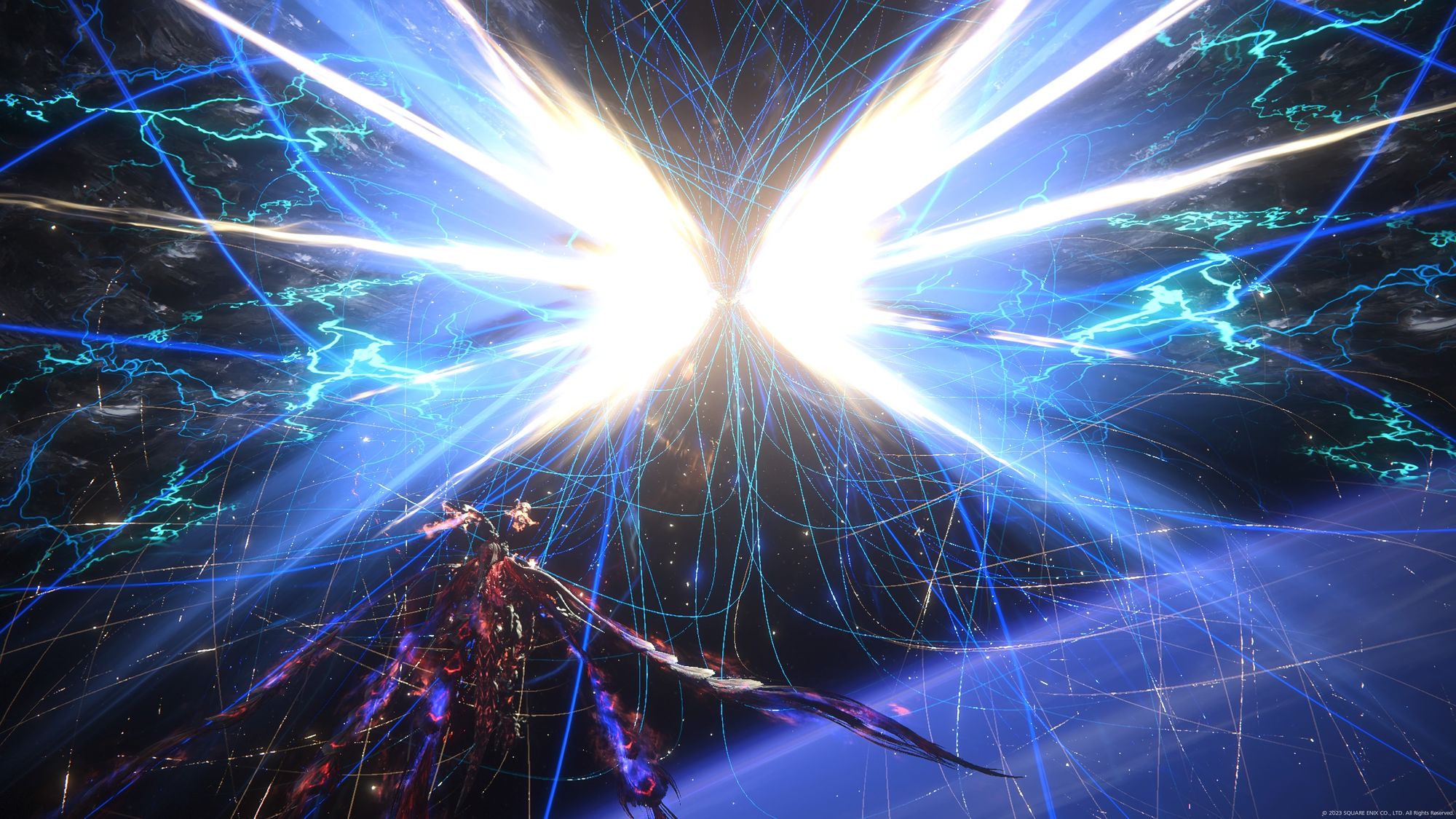
As someone who rarely plays action games, I feel the need to be honest at this point. I've been following the franchise since 1997 and this is one of the first mainline entries (other than II and XI) that I'm really not having fun with. The action is way too much to keep up with and I find myself losing track and meeting with a rather unpleasant 'game over' screen all too often.
The developers tried to remedy the situation by adding equipment that would help players such as myself who have no experience with action games. There are a total of five accessories that you can equip to make your experience easier. But that only creates another issue: having just one of those accessories equipped, it makes battles so easy that they're no longer fun! There's no real point in playing when there's no urgency, no fear of losing.
In trying to find a way to please all players, the development team created two polar opposite gameplay experiences. These experiences could potentially alienate many hardcore fans of the franchise who played these games for the chance to strategise and think before battle, rather than just punch everything in sight. Personally, I think Final Fantasy VII Remake did a much better job at this, and XVI's gameplay makes me appreciate the fact that we still have Rebirth ahead of us.
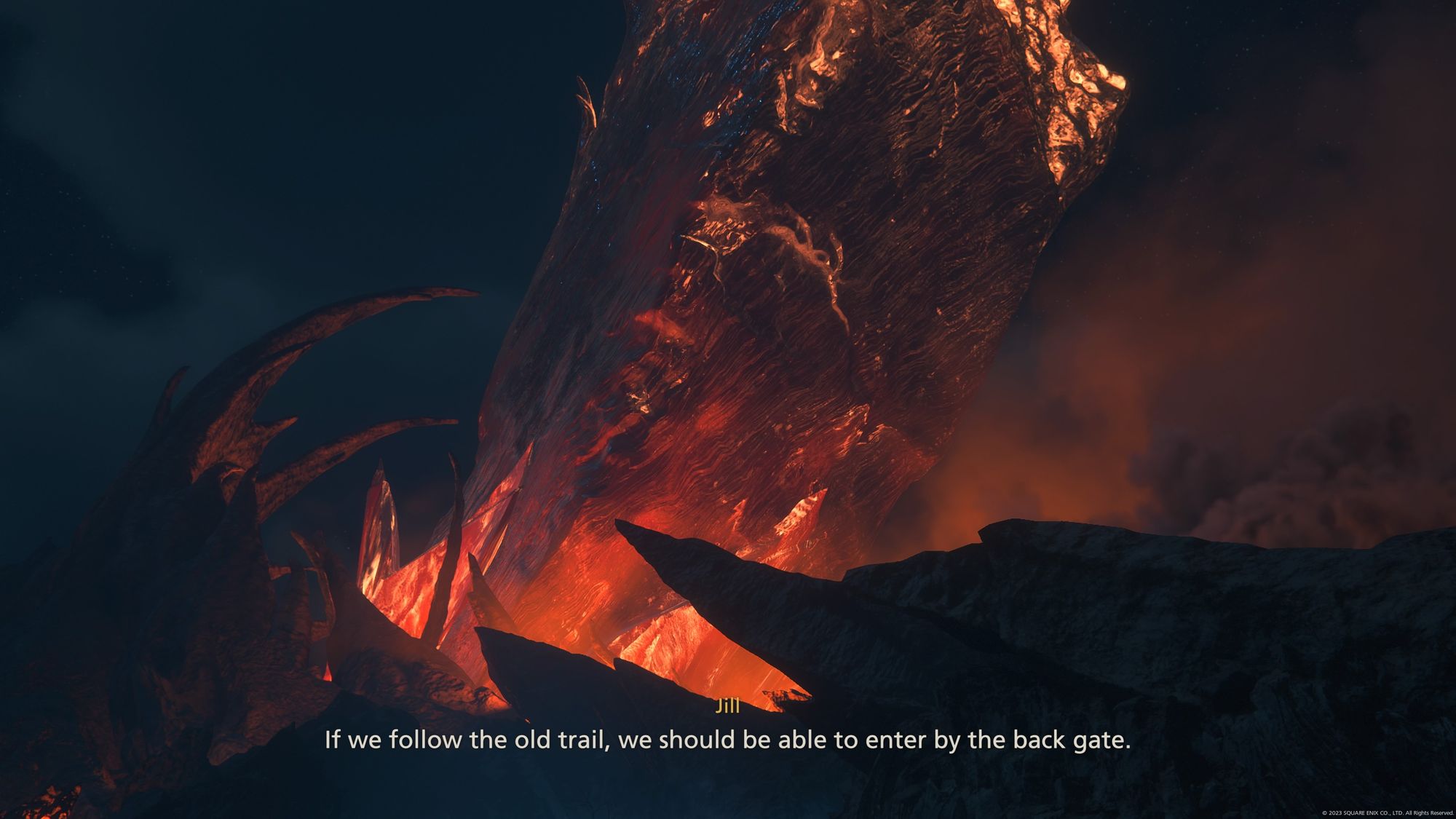
Politics, drama, and the return of the world map
That's not to say that Final Fantasy XVI is a bad game. Far from it. Nor is it just beautiful to behold. Underneath all the explosions and the massive battles lies the story of a man named Clive Rosfield, the first-born son of the archduke (ruler) of the Duchy of Rosarria, one of the nations of a world known as Valisthea.
Clive was supposed to have the power of a firebird known as Phoenix, but instead, it chose his younger brother Joshua. One tragic night, as Clive, Joshua, and archduke Elwin were making preparations for war, another nation, the Empire of Sanbreque, invaded Rosarria and took Elwin's freaking head off right in front of poor little Joshua.
Unable to handle the shock, Joshua transformed into the Phoenix. Then, this other fire monster called Ifrit shows up out of nowhere and kills the Phoenix, a.k.a. Joshua. And that's essentially where the story begins.
The game and its story are heavily inspired by modern-day media such as Game of Thrones. That means of course that no one's life is off the table, hell, even Clive himself could die at any second (not a spoiler, I honestly don't know!) and it really puts players on the edge of their seats. It makes it unsafe to form any sort of emotional connection with any of these characters, knowing that they're probably not going to have a happy ending but they'll likely get squashed by a boulder or have their throat slit by a random knife.
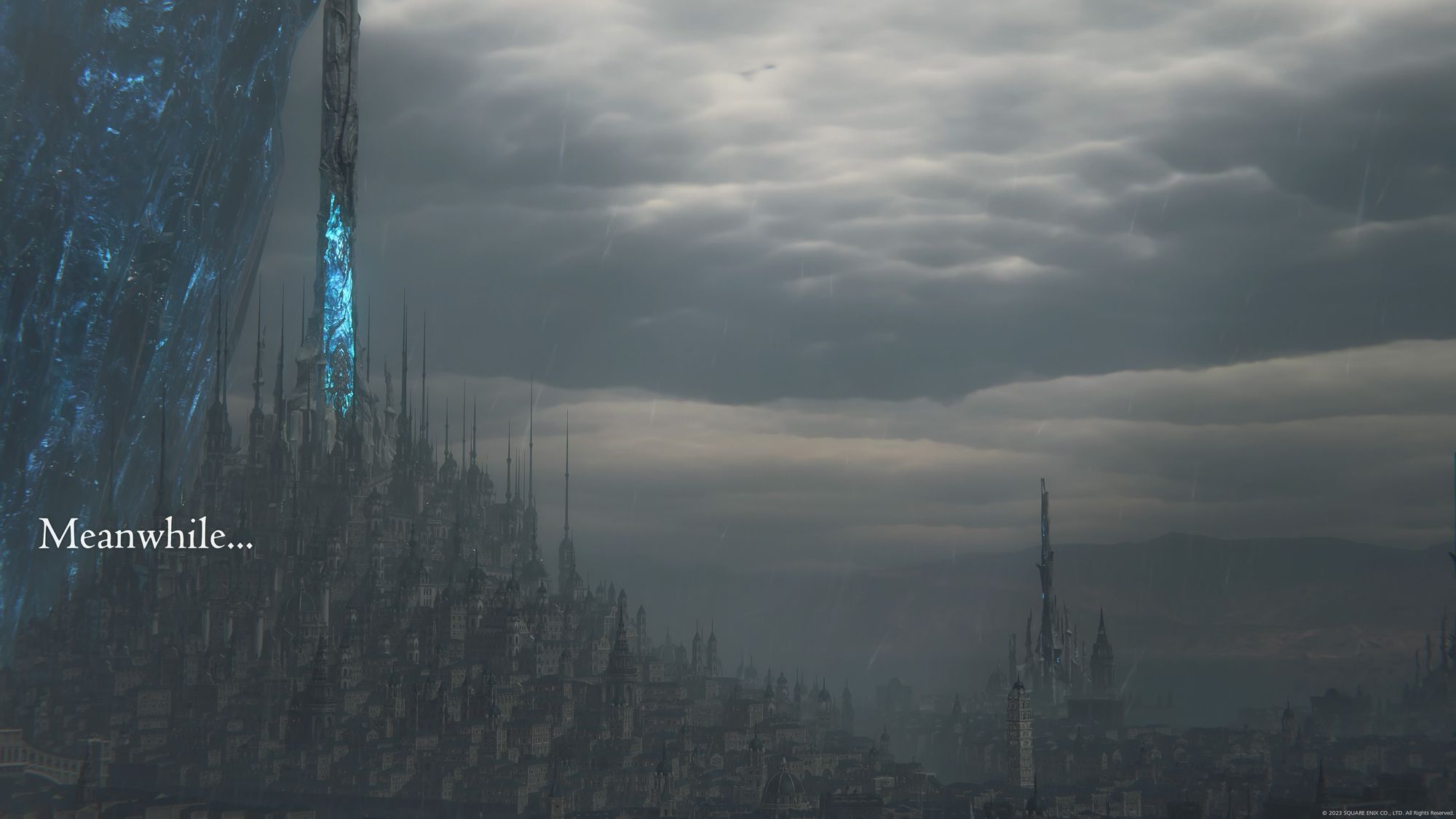
The inspiration from modern media shows in other ways as well, such as the over-glorification of violence (there's blood literally everywhere) and the overuse of curse words. While it does make it appear more realistic, it also makes it less (Final) Fantasy.
But overall, the story is good enough to keep players going and make them want to find out more about the world. Speaking of which, one of the greatest and most significant contributions that FF XVI makes to the franchise, or even gaming as a whole, is the way it puts its own lore and world map to use for itself.
Through systems and characters such as the Active Time Lore and Vivian Ninetales, players can keep informed about the state of the world at all times by reading about any aspect such as the characters or locations and the changes they go through over time or even the intertwining relationships between them. By far my favourite aspect of the game is Vivian's history lectures on the world map. I could sit there listening to her for hours! This was an ingenious addition and one the development team should be applauded for.
Some of the side quests in the game are also expertly crafted, giving them extra depth and hiding well-kept secrets such as information about characters or the world, or even additional items that may not be found otherwise. They may seem lengthy and slow but most of them are worth the player's time (especially the ones with a green "+" symbol.)
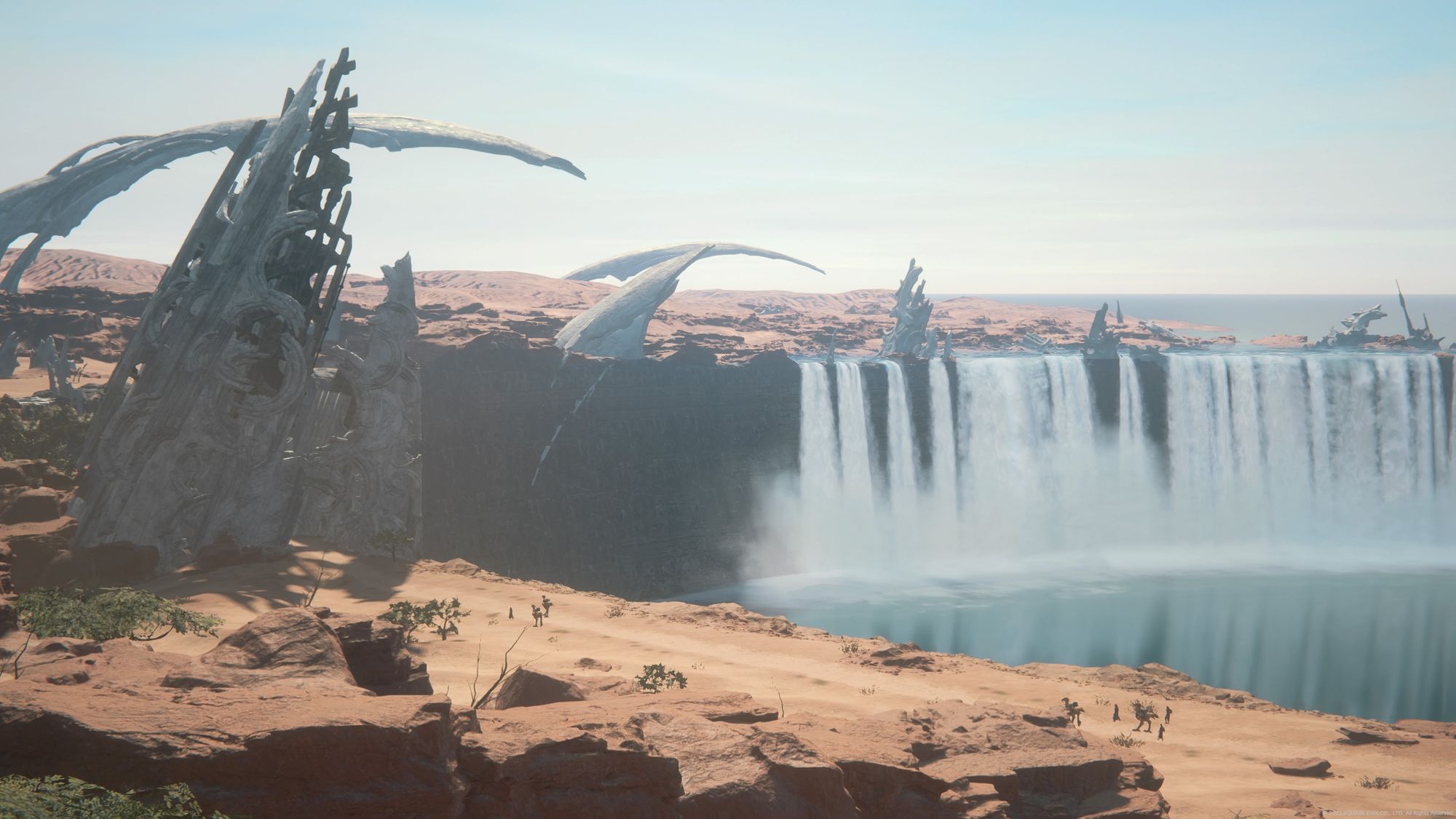
A step forward for the franchise
Though it may do some things right (cutscenes, music, world, characters) and other things not so well (gameplay, battle system), Final Fantasy XVI is a game that belongs on the top shelf of gaming outlets and should remain there for quite a while.
Where its predecessor, Final Fantasy XV, failed, XVI comes to correct many of its shortcomings and deliver a complete experience from start to finish, without the need for any DLC or additional content (such as movies or YouTube anime episodes) to fill in its gaps. And surprisingly, the story it tells feels a lot more massive in scale.
Whether Final Fantasy XVII will be a full-on action game, an RPG, or even a first-person shooter in a modern-day world, remains to be seen. What can be said is that there are many things it could learn from the way XVI was made and the things it got right.
There's no such thing as a perfect game, or even a perfect Final Fantasy for that matter. And this game deviates quite a bit from what is considered to be a classic Final Fantasy game.
But when things get going, boy, does it shine!
Like a crystal...